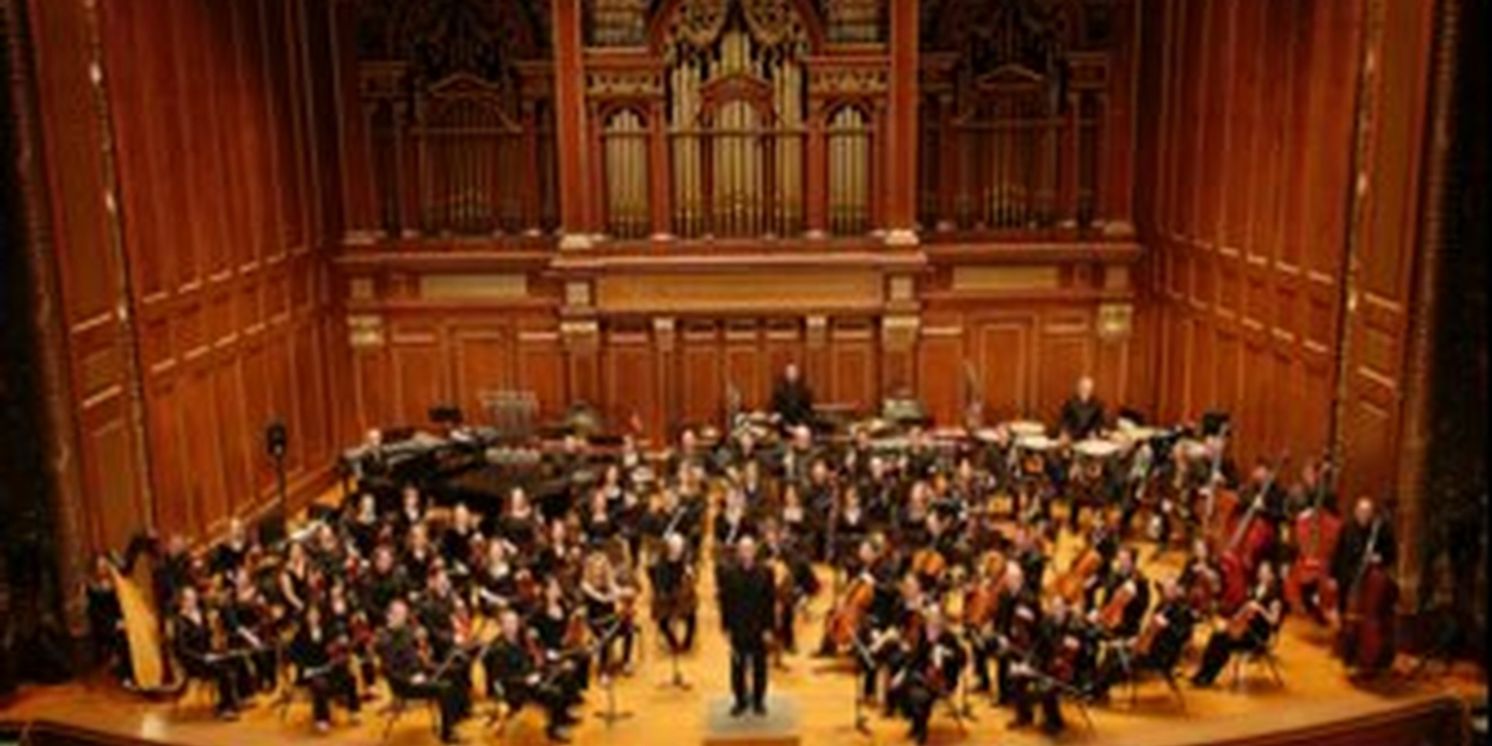The Boston Modern Orchestra Project Begins 26th Season in October
The performance is on October 7, 2023, at 8:00 p.m.

The Boston Modern Orchestra Project begins its 26th season at New England Conservatory’s Jordan Hall, October 7, 2023, at 8:00 p.m. The ambitious program celebrates three world premieres and one East Coast premiere all commissioned by BMOP and written during the COVID-19 pandemic.
“Orchestras and musicians all around the world stopped performing during the pandemic,” says Gil Rose, Conductor and Artistic Director of BMOP. “Conversely, composers did not stop writing during the pandemic! We are fortunate to have a plethora of new works composed for us over the past few years just waiting for listeners to enjoy. Not surprisingly, all the pieces on this program are musical explorations of introspection, empathy, mortality (and immortality), and time—notions that resonate with most of us.”
The evening begins with Eternal Return (2022), by Worcester-based John Aylward (b.1980), “a composer of wide intellectual curiosity (The Boston Globe).” He describes his new work as “a contemplation on Nietzsche's idea of the afterlife which he first brought up in the Gay Science and then was later expanded upon by Giles Deleuze. I heard about the idea first from reading Deleuze but later found the Neitzsche thread, which compelled me even more to explore the idea.”
Eric Moe (b.1954), composer of what The New York Times has called “music of winning exuberance,” has a winning spirit that is represented in this new clever, skillfully constructed piece. Featuring himself on piano, The Sweetness of Despair, the Necessity of Hope (2021) is Moe’s personal reflection our current ecological predicament. “I am intrigued by the thinking of writer-activist Rebecca Solnit,” says Moe, “who points out that many people seem to prefer a predictable apocalypse – the consequence of passive inaction - to the less catastrophic but also less predictable future that would result from drastic action spurred by hopefulness about the future.” The two movements of the concerto split the title; the first movement, The Sweetness of Despair, begins and ends with sweetly despairing music while the second movement, The Necessity of Hope, evokes weather-related phenomena with references to storm music of the past. BMOP’s long-standing relationship with Moe includes a 2011 BMOP/sound recording of three of his vivid orchestrations. WQXR Radio hailed Eric Moe: Kick and Ride (#1021): “At times primal and ritualistic and others sophisticated and smoky, this unbridled trio will fuel whatever flames you’re currently fanning.”
Richard Cornell (b.1946), a Boston-based composer who is a longtime member of the Boston University faculty, deftly explores the nature of art and collaboration, highlighting the latent opportunities for artistic license and interpretation within music. Like many composers before him (Ligeti, Carter, Foss, etc.), Cornell explores the subject of time in his latest piece, Time Rift (2023). He explains: “All musicians (listeners are also musicians) think about time. We measure it discretely, granularly, in periodic units, and yet we experience it continuously. Our common descriptors for time question that very nature: time flows, time marches on, time is fleeting, time flies, time cycles, time stands still, time is running out, etc...It is also part of our evolutionary history. In our imagination we remember past events and to rehearse the future ones, and even step out of time and imagine events asynchronously.”
Shelley Washington (b.1991), a composer currently working on her PhD in composition at Princeton, is one of nine composers co-commissioned by New Music USA’s Amplifying Voices which fosters racial and gender equity in new orchestral music. Her piece, Both (2022), premiered at the Aspen Music Festival and School. In her program note, she says that Both was inspired by the many dualities of her life. “In terms of choosing which aspects of myself to include, I started by listing every label I embody which includes the bi- prefix, so starting with bicoastal (lol), and zooming into my being biracial, bipolar, and bisexual. While they aren’t defined specifically in the music, I did my best to highlight textures, gestures, rhythms, and specific instrumentations that I restructured later on in the piece. Every stand-out moment returns at some point in a different contextualization, which is my representation of fluidity: each iteration is valid regardless of the different environments, and each separate thing forms the whole.”
Videos

